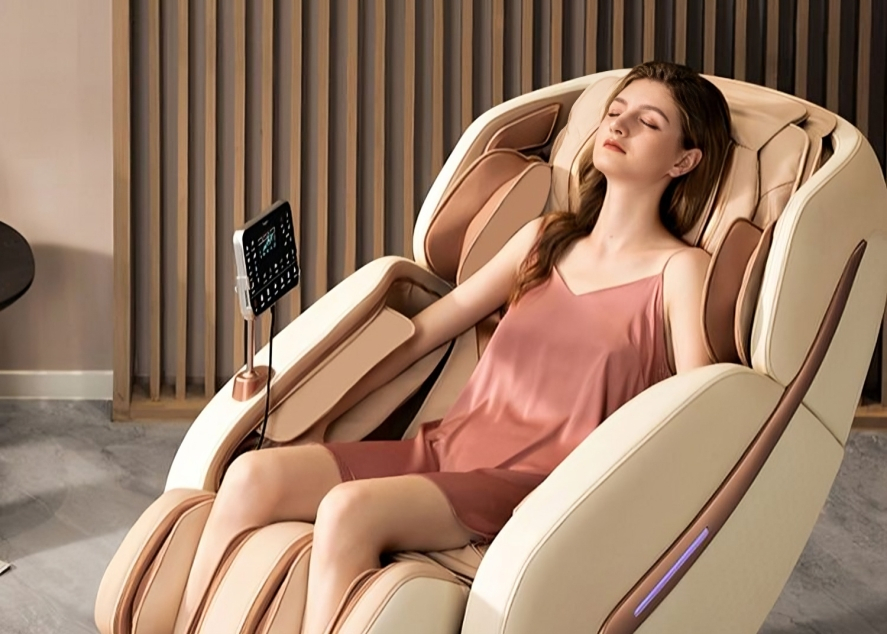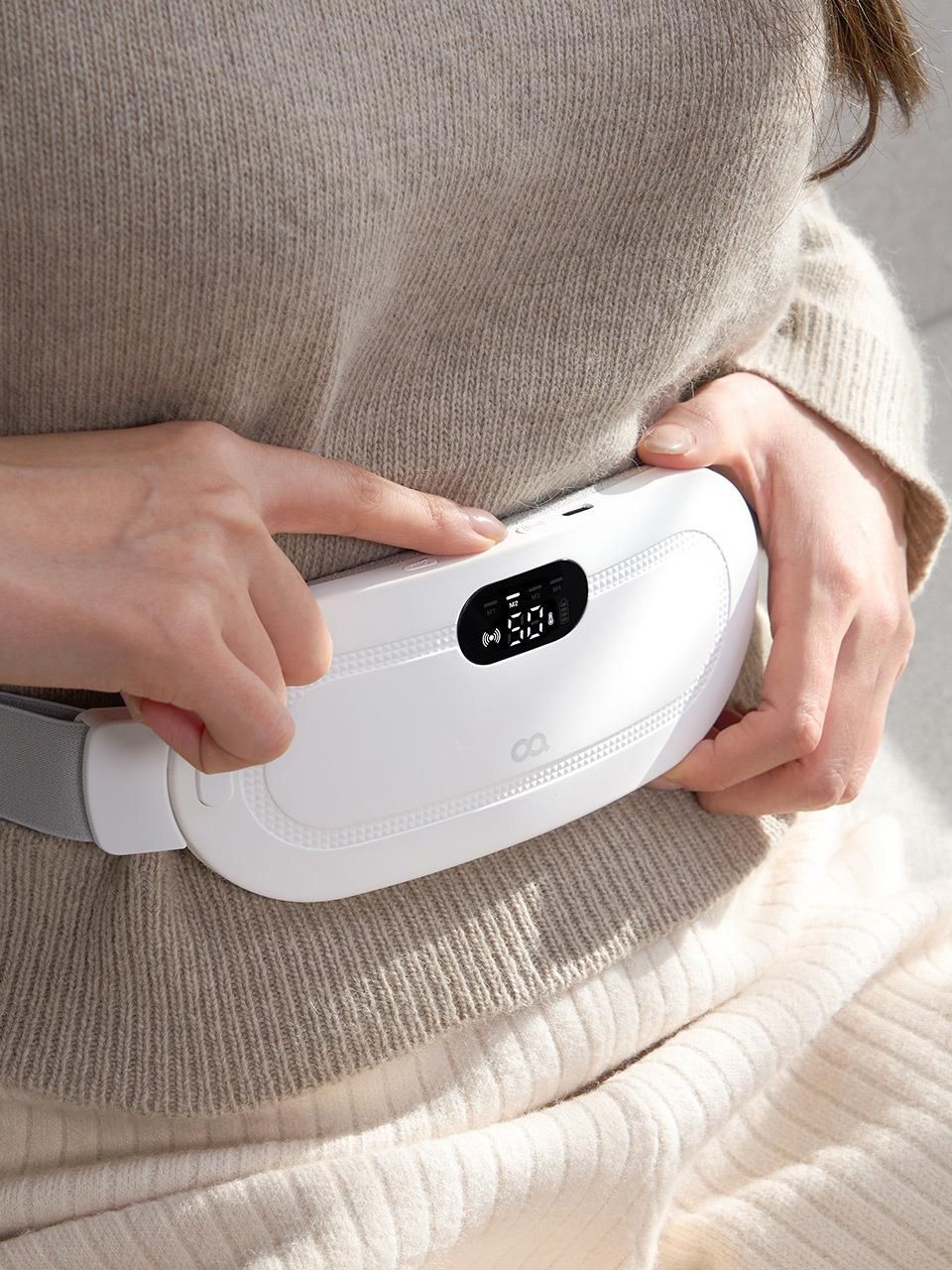
A Modern Approach to Relaxation and Wellness
Introduction
In recent years, massage chairs have transitioned from being a luxury item to a widely recognized tool for health, wellness, and preventive care. Combining principles of biomechanics, ergonomics, and modern engineering, these devices replicate therapeutic massage techniques traditionally performed by trained professionals. Beyond mere comfort, massage chairs are increasingly supported by scientific evidence highlighting their role in stress reduction, muscle recovery, and overall well-being.
The Technology Behind Massage Chairs
Modern massage chairs utilize a sophisticated integration of robotics, sensors, and artificial intelligence.
Roller Mechanisms mimic the motion of human hands, delivering kneading, tapping, shiatsu, and Swedish-style massage.
Air Compression Systems apply rhythmic pressure to limbs and joints, improving circulation.
Heat Therapy Modules enhance muscle relaxation and increase blood flow.
Body Scanning Technology personalizes the massage by detecting spinal curvature and body dimensions, ensuring accuracy and safety.
Together, these features create an immersive experience that balances relaxation with therapeutic outcomes.
Physiological and Psychological Benefits
- Stress Reduction
Massage chairs activate the parasympathetic nervous system, lowering cortisol (the stress hormone) and promoting serotonin and dopamine release. This physiological shift leads to reduced anxiety, improved mood, and better sleep quality.
- Musculoskeletal Health
Regular use can alleviate muscle tension, reduce stiffness, and improve flexibility. Massage chairs are particularly beneficial for individuals with sedentary lifestyles, as they counteract postural imbalances caused by prolonged sitting.
- Circulatory Improvements
The combination of compression massage and heat therapy stimulates blood flow, supporting oxygen delivery to tissues and aiding in toxin removal. Enhanced circulation also accelerates recovery in athletes.
- Pain Management
Research indicates that massage therapy can reduce chronic lower back pain, neck pain, and tension headaches. Massage chairs, when used consistently, provide similar benefits by reducing pressure on nerves and improving spinal alignment.
The Role in Preventive Healthcare
With rising awareness of mental health and preventive medicine, massage chairs are no longer viewed solely as relaxation devices. Healthcare professionals recognize their potential to complement physical therapy, reduce stress-related illnesses, and enhance workplace wellness programs.
Conclusion
Massage chairs embody the convergence of technology and health science, offering a convenient, accessible, and effective means of relaxation and rehabilitation. As advancements in AI and robotics continue, future massage chairs are expected to deliver even more precise, personalized, and medically beneficial therapies. In a fast-paced world where stress and musculoskeletal issues are increasingly common, massage chairs stand as a scientifically grounded solution for holistic well-being.


